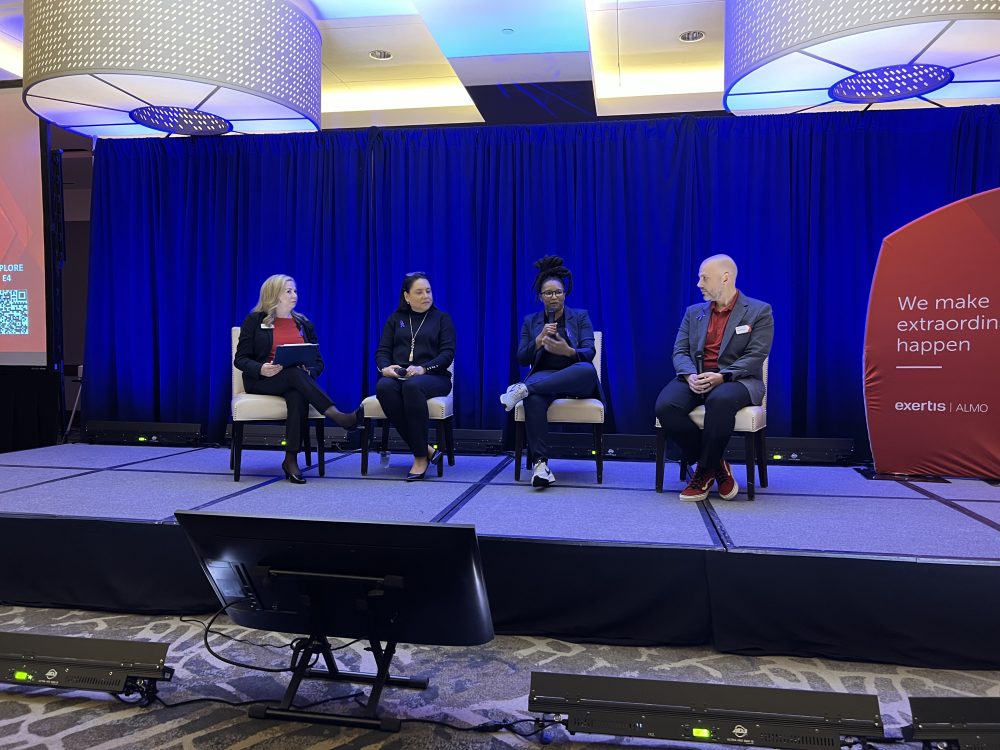During the DEI Roundtable at the E4 Experience Dallas 2023, experts engaged in a thought-provoking discussion on the subject of diversity. Emphasizing that fostering inclusivity requires more than just awareness, the panel explored concrete actions to bring about significant change within the industry.
Composing the panel were a wide range of industry experts and professionals including Melody Craigmyle, Vice President of Marketing & Communication at Exertis Almo Corporation; Kim Lonas, Global Diversity and Inclusion Program Lead at AVIXA; Alesia Hendley, Business Development Manager at Sennheiser and Multimedia Journalist; and Rob Voorhees, Business Development Manager at Exertis Almo.
Here’s what they had to say:
Melody: Let’s start with the basics. Kim, At the very fundamental level, how do you explain DEI?
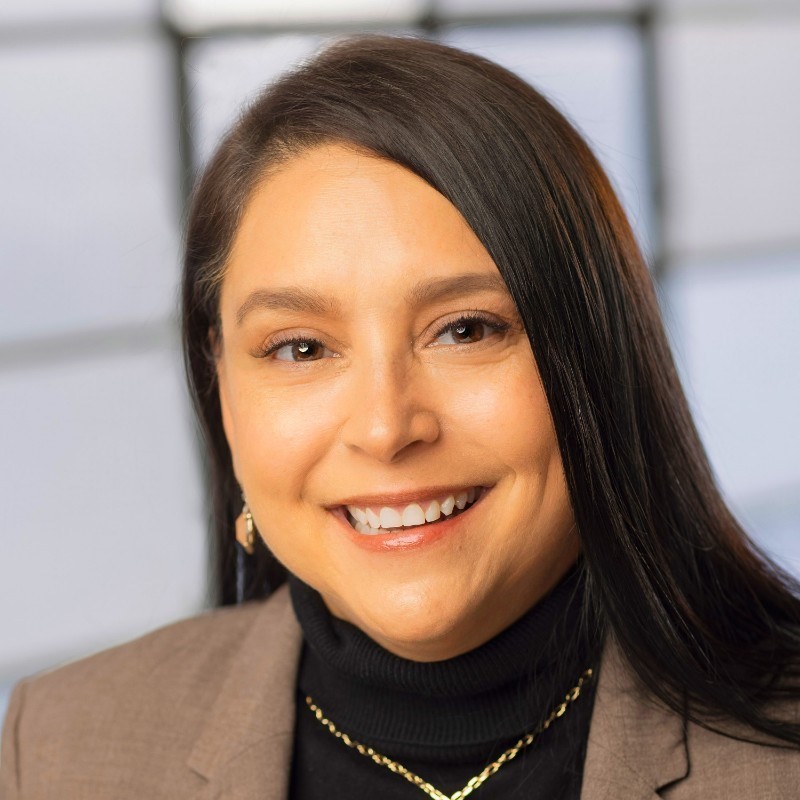
Kim: DEI are the programs and policies that a company puts into place to create a diverse, equitable, and inclusive workplace. To start the conversation, you have to start at the top of the organization. You need to have buy-in from your most senior leaders. It can’t be “this is what it means to me” it has to be “here are the definitions, what does that mean to you?” And, “How do we take that understanding and cascade it through the business?”
And if you don’t have that buy-in at the most senior level it can be a bit of a challenge but you can’t just start at the top and assume that’s the best for the business, you also have to work at all levels within the organization to have a true understanding of what diversity is, the differences, and how do you create a level playing field for all those individuals who come in with different backgrounds so they can feel included.
Melody: I would suspect working from the executive level down that one of the questions is what are the financial and cultural consequences of ignoring DEI? How do you explain that?
Kim: There have been so many studies that have been done by McKenzie and Harvard Business Review. When we look at the benefits of DEI in the workplace, companies that have a program in place that is thriving are 35% more financially successful than their competitors, so when you talk about that at the highest level, who doesn’t want to be 35% more competitive?
From a cultural standpoint, recruiting often comes up. I often hear it’s so difficult to identify new talent and recruit people into the business. If you have communities that are diverse, equitable and inclusive, retention is going to be a big win because people are going to want to stay. Millennials are looking at the types of programs a business has because they want to have purpose in what they are doing.
Melody: Alesia, breaking this down on a Pro AV level, tell us what you’ve seen in the past 4-5 years. What have you seen the industry do to embrace this? What is some of the work you’ve done and what have you seen others do to bring us into the fold?
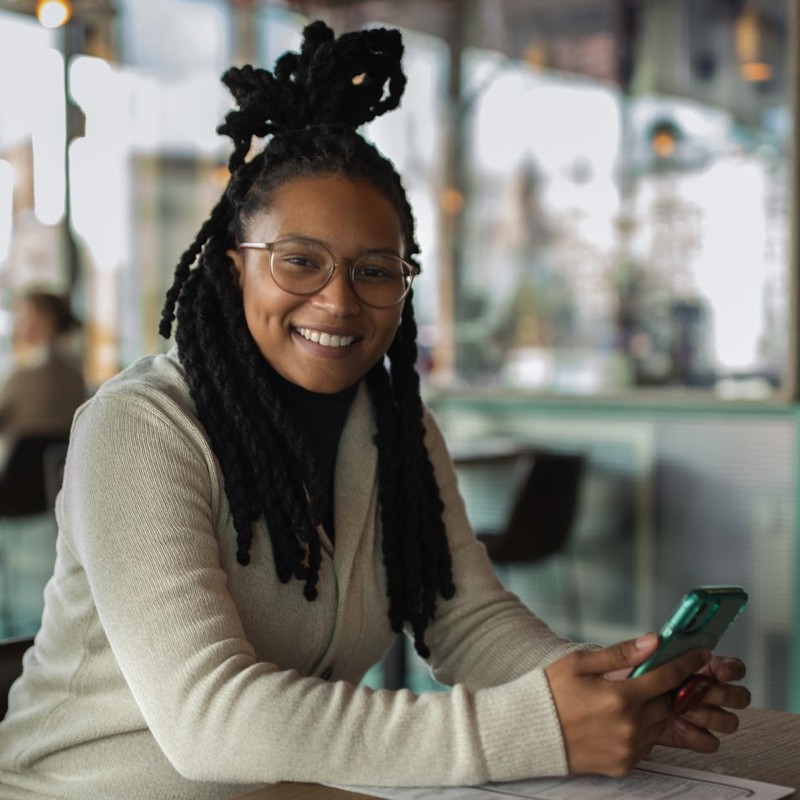
Alesia: It’s something we can talk more freely about. Over the last few years, we started to notice that AV wasn’t the most diverse industry across the board. I think it became more noticeable as more horrible things started happening around the world. But it helped push things forward and we’ve become more comfortable having these discussions. There are so many forms of diversity. There’s room for growth but we are having a lot more engaging discussions about how we can do better and I think that’s the main focus point – to raise awareness and not shy away from these discussions. What I try to do on a personal level is look for ways to elevate people and their voices in everything we do.
Melody: Rob, I know that one of your new positions is on the AVIXA Diversity Council, which I applaud AVIXA for. I know that one of the things near and dear to your heart is neurodiversity so could you share what does that mean and from a personal standpoint how that has impacted your life?
Rob: The interesting thing about that is that it all stemmed from this DEI panel at E4 Boston. To be honest, I had never heard the word “neurodiversity” and it never meant anything to me. For those of you who don’t know, I have a 15-year old daughter on the autism spectrum and one of the first slides talked about autism, so I wound up being so excited to be there and listen.
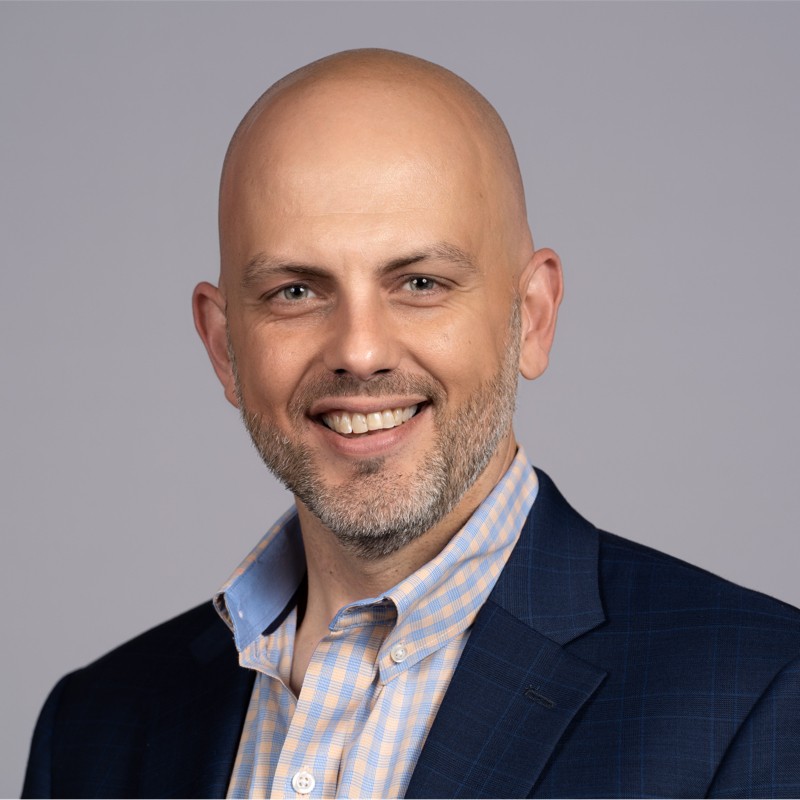
Coming back to my office, I did some research and was ecstatic to find out that AVIXA had a diversity council where you can get more involved and talk about these topics with like-minded individuals. And what Kim and Alesia have already said is that it’s all about education and awareness, that’s where you’re going to see more integrators engage. Keeping that front of mind since it’s not one-size-fits-all. I learn something every day from my daughter. She’s 15 and a freshman in high school. It keeps you on your toes and I like saying that because as an integrator you constantly have to adapt and want to be providing the best solutions to your customers and neurodiversity is such a big piece of it. I think it might have been Kim that said, “It’s not a disability, it’s an ability.” I watch my daughter, she gets straight-A’s in school, perfect with numbers but get her around the wrong type of lighting or loud noises in the office and she might not be the best employee because there are outside hindrances. The more awareness we bring to those abilities the better and that applies to even outside of the AV industry.
Melody: Part of what we want to move the AV industry into, we want to be on the forefront of that design side, that trusted advisor. The more we can bring awareness to neurodiversity and lighting and sound and how that affects employees, that is part of our duty is to create awareness. From a product standpoint, Alesia, where do you see AV manufacturers filling in some of the gaps of what we can do to address neurodiversity and creating environments that are more inclusive?
Alesia: It comes back to awareness. Product developers need to be aware of these certain diversities and what we are up against. If someone isn’t aware of their own unconscious bias, in developing these products, that’s where there’s a barrier. So manufacturers, when you start looking at it from a holistic perspective, going to a design and creating a product and asking how is this product going to fit in certain environments, how is it going to help/hinder people and be aware of all these issues that come into play in the workforce?
Melody: There are also fundamental things that we are obligated to through the ADA that some integrators aren’t aware of that we need to be bringing forward, such as assisted listening devices, how do we make sure those requirements are put in place?
Alesia: I think in the past, a lot of manufacturers looked at this as disabilities, like handicap accessible, and we need to take that further, looking at diversity, especially as it comes to listening devices. Those need to be compliant within different venues so everyone can be included in the conversation. There are multiple ways to approach it, which is great, because you have to be open-minded but aware.
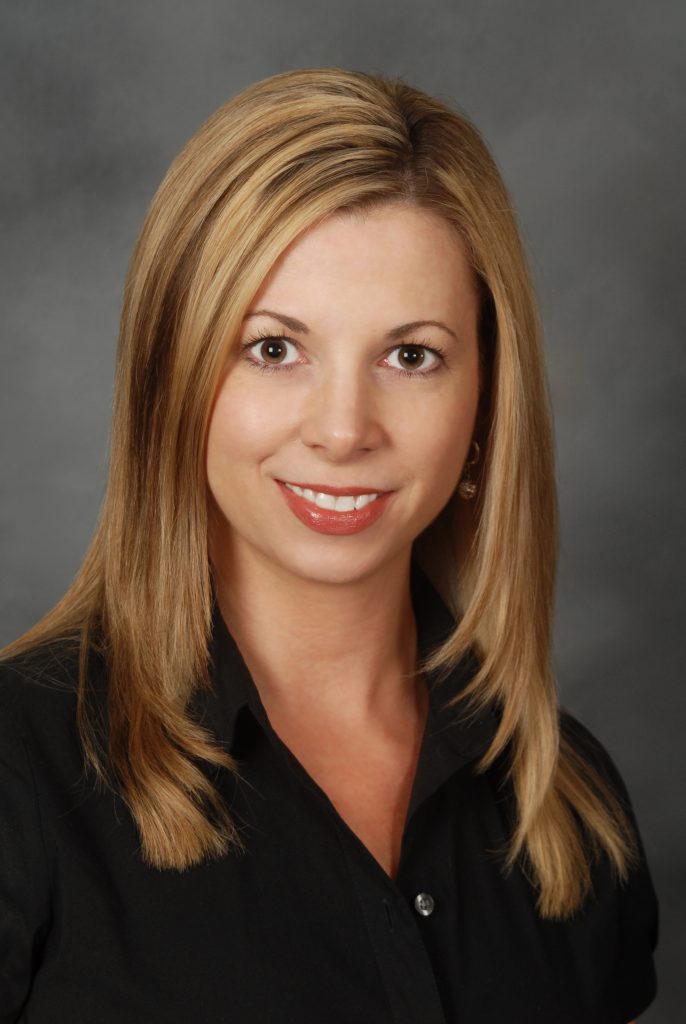
Melody: There’s also been this new way of talking about equity, and that’s meeting equity. People who have been working at home or hybrid. How do you make sure everyone in the meeting is included? A lot of this has been on integrators finding ways the connectivity is there. Kim, from an HR standpoint, what have you been talking about in terms of meeting rooms and making sure people are included?
Kim: Meeting equity is a buzz term that we now use and in looking at that we have to accommodate different individuals who aren’t in the room who are not on screen. Perhaps they have hearing issues so we need to make sure our screens are on so they can read lips. There are individuals who may not be able to see so it’s important to share what’s happening in the room verbally. Neurodiversity is differences in brain function and how people think. My youngest daughter has visual snow so when she’s looking at a screen, she sees in pixels. She has to have a different color screen to mute out so she can see. From an HR standpoint, it’s not waiting for someone to come to you with a problem, it’s saying these are the products that are available to you to make sure there’s meeting equity. As an industry, we have to make suggestions because many just don’t know. We have a business in the UK. Rob recently did a talk on neurodiversity for our company and afterwards I received a number of phone calls from Exertis companies that provide products for differently-abled individuals so there was this whole laundry list of products that could be made available in our industry.
Alesia: Kim, from that perspective, when you are thinking about this laundry list of products, when you onboard, there’s always a checklist of products. Is technology included as well?
Kim: From my experience, it just has been the basics, so this is something that we have to educate about in the business.
Rob: When you talk about meeting equity and bandwidth, it’s also important to make sure that all employees have the same type of headphones and camera just so we don’t have people struggling on a call. Hardware is a big component of that. We are starting to make those recommendations.
Melody: The thing people have been talking about in terms of meeting equity is that we don’t want to move backwards. Before Covid, we met in person. Covid happens, and suddenly people are more included in the meetings. Now let’s make sure all conferences are equipped with products for meeting equity. A lot of us are not highly technical. Our partners have created products that are easy to use and plug-and-play so everyone can use them.
Rob: Not to side track but my wife did a Zoom call with her school in my home office the other day. She looked at my double monitors and boom stand and speakers, and she said I don’t know how to use any of this and ended up using her phone instead! What Exertis Almo did is utilize what we have at our disposal — we have warehouses full of all these devices, plug and play, USB — and this afforded us the opportunity to not take a step back.
Melody: Tell us more about the AVIXA Diversity Council. How can people get involved? What is the mission and what part do you see them playing in this initiative? Tell us more about the Mosaic Scholarship too.
Kim: The AVIXA Diversity Council has been around 4.5 years. It was initially designed to bring people of diverse backgrounds together. When I first joined six months after launch I went in thinking gender, race is diverse. The Council really opened my eyes because it is so much more than race and gender. There are so many layers to diversity and they are trying to address that every day. We have a lot of different conversations about how we are going to educate the industry. We are doing an ongoing series about ally-ship. What does it mean to be an ally in the industry or to individuals who are diverse? As far as the Mosaic Scholarship, every year they open it up to college students interested in the Pro AV industry. They submit and select – we had three different individuals last year. Exertis Almo was kind enough to make a donation toward that scholarship fund. It is exciting to see individuals who are typically under-represented in the industry given the opportunity to learn from the industry.
Rob: I joined because I saw where Pro AV was headed. It’s exciting to hear about other individuals in the same position I’m in. We all seem to share the same passion for DEI in the industry. Making our colleagues and customers feel welcome and comfortable in the industry. That’s something that Exertis Almo has done personally. When you have these conversations and create this awareness it makes everyone feel comfortable speaking out and speaking up. Very powerful thing to be comfortable in your own skin. I’ve seen this in my daughter, when she’s uncomfortable, she’ll completely shut down, but if she’s in the right atmosphere she’s remarkable. If you apply this to people in the AV industry who are like accountants or designing these high tech systems and get them in the right space, they feel accepted, they are going to do great things.
Melody: Alesia, what would you like to see this industry do to move forward and foster this agenda and who are the people you would call on to take on this initiative?
Alesia: That’s a big question. We’ve looked to associations for a very long time to do the work but we all need to do the work. To find new voices, to amplify new voices, to actively go out and find new people to come into this industry – that’s on all our shoulders, that’s our responsibility. What I would like to see is when it’s past the point of awareness and education and we find a way to retain it. People are going to come intrigued and leave inspired. That’s what’s going to happen with this scholarship. But who’s offering those people a job? How are we keeping them in this space to become an actual part of the community, not just a one-time thing? That’s what I love about the E4 Experience. This show has no barriers. That’s what happened when I lived in Houston when I came to the E4 in 2016. I needed to get some gas money and drive up. I knew I was going to get some lunch training, I knew I was going to meet some industry influencers, educators. That’s breaking barriers. I want to see more action to break down those barriers. But it’s a long game. We are working our way towards it. It’s time to get more into the action now that more are aware. It’s no longer an excuse. Everybody’s waking up.
Melody: Absolutely. I would like to encourage our partners to look at internship and training track programs that would retain and attract mixed talent and focus on diversity within those programs. We’ve done that at Exertis Almo and we’ve been very enriched by a lot of our interns who have brought in different points of view, energy and it’s a great investment all the way around.
Kim: You are right. We need to move more away from just raising awareness and taking those next steps. 85 percent male and 15 percent female and this has remained stagnant for some time. So how do we take those steps to make that change, not just in gender but in all aspects of diversity? Obviously, the people in here have an interest in DEI but we need to take it beyond this room into the business and continue to drive that change positively.







